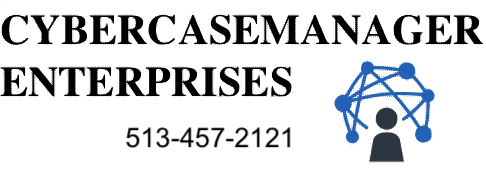Three levels of Lesson Learning
Here are a couple of reprised blog posts from 5 years ago, covering the topic of lesson learning, and presenting 3 potential levels of maturity for a learning system. Most organisations are stuck at level 1.
- The first is to reactively capture and doccument lessons for others to find and read
- The second is to reactively capture lessons at the end of projects, document them, and as a result make changes to company procedures and practices
- The third is to proactively hunt lessons from wherever they can be found, and make changes to company procedures and practices so that the lessons are embedded into practice.
 Lesson-learning can be a very powerful way for an organisation to learn, change and adapt, but only if it is approached in a mature way. Level 1, to be honest, will not add much value, and its only when you get to level 2 that Lesson learning really starts to make a difference.
Lesson-learning can be a very powerful way for an organisation to learn, change and adapt, but only if it is approached in a mature way. Level 1, to be honest, will not add much value, and its only when you get to level 2 that Lesson learning really starts to make a difference.
Level 1
Level 1 is to reactively capture lessons at the end of projects, and document them so that others can learn. Lessons are stored somewhere, and people need to find and read the lesson in order to access the knowledge. There are sub-levels of maturity in level 1, which include
1a) Ad-hoc capture of lessons, often by the project leader, documenting them and storing them in project files with no quality control or validation step. Lessons must therefore be sought by reading project reports, or browsing project files structures
1b)Structured capture of lessons, through lessons identification meetings such as retrospects, documenting and storing the lessons in project files with no quality control or validation step.
1c) Structured capture of lessons, through lessons identification meetings such as retrospects, documenting and storing the lessons in a company-wide system such as a lessons database or a wiki. This often includes a validation step.
1d) Structured capture of lessons, through lessons identification meetings such as retrospects, documenting and storing the lessons in a company-wide system with auto-notification, so that people can self-nominate to receive specific lessons.
Level 2
Level 2 is to reactively capture lessons at the end of projects, document them, and as a result make changes to company procedures and practices so that the lessons are embedded into practice. Here people do not need to read the lesson to access the knowledge, they just need to follow the practice. Again, there are sub-levels of maturity in level 2, which include
2a) Lessons are forwarded (ideally automatically, by a lesson management system) to the relevant expert for information, with the expectation that they will review them and incorporate them into practice.
2b) Lessons include assigned actions for the relevant expert, and are auto-forwarded to the expert for action
2c) As 2b, with the addition that the actions are tracked and reported.
Level 3 is to proactively hunt lessons from wherever they can be found, and make changes to company procedures and practices so that the lessons are embedded into practice. There are not enough organisations at level 3 to recognise sub-levels, but there are some ways in which Level 3 can operate
3a) Senior managers can identify priority learning areas for the organisation. Projects are given learning objectives – objectives for gathering knowledge and lessons on behalf of the organisation. These may be written into project knowledge management plans. 3b) Learning teams may analyse lessons over a period of months or years to look for the common themes and the underlying trends – the weak signals that operational lessons may mask.
3c) Organisations may deploy specific learning resources (Learning Engineers, Project Historians, etc) into projects or activity, in order to pick up specific learning for the organisation.
I have only really come across level 3 in the military. For example, see this quote from
Lieutenant-General Paul Newton
The key is to ‘hunt’ not ‘gather’ lessons, apply them rigorously—and only when you have made a change have you really learned a lesson. And it applies to everyone … It is Whole Army business.
However even level 2 is quite rare. Many organisations have not gone beyond the “document and store” stages of Level 1, and generally have been disappointed by the outcomes.

Leave a Reply